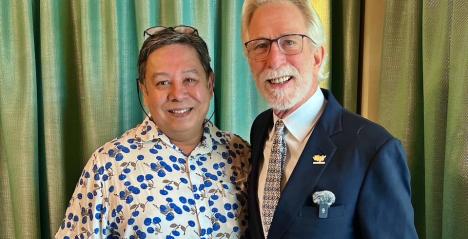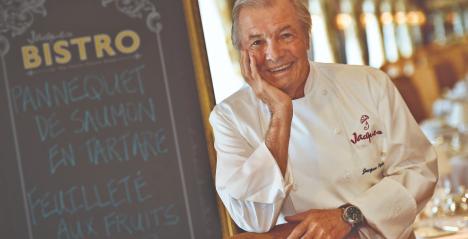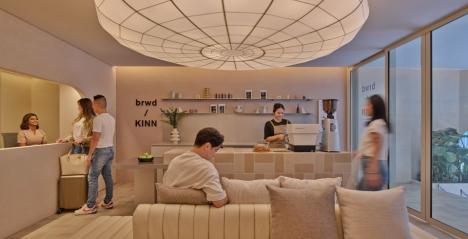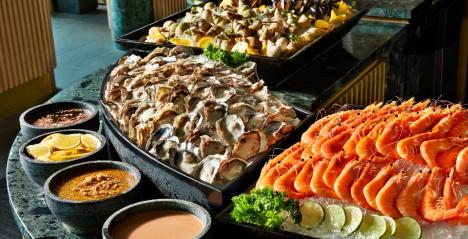Video Credit: CoolVision
In a highly speculative and talked about census, Singapore was named 2nd to last among 32 cities in international publication Time Out’s Most Exciting Cities.

Residents across the 32 cities ranked their home grounds on criteria including culture, food, nightlife, friendliness, livability, affordability and happiness. Around Asia-Pacific, Melbourne secured the distinction for the city that’s easiest to make friends. Bangkok’s street food was recognised making it the city in which eating on your feet was enviably easy whilst Tel Aviv, Israel’s multicultural and liberal capital, was identified as the city best for partying.
To set the record straight, native as well as expatriate Singaporeans share their thoughts on how the city should reposition itself to manage these expectations and where the survey may have gone off grid.
Trusting in their own unique creativity
Singapore is often compared to mature cities such as New York or London with an international slant and diversity. Neal Moore, a film producer and long-term Singapore resident from Britain, however feels the contrary.
“I do, however, think Singapore needs to trust in its own unique creativity. We have world-class local theatre, music and films, and yet the live music scene is largely full of cover bands …”
More community engagement and involvement
“I think a lot of excitement in any destination comes from grass-roots innovation from the ground upward,” says Anna Goulding, director of the Umami Collective and co-founder and organiser of Under the Bridge, Singapore’s largest underground music and arts event.
Goulding feels the street art and freedom of expression in cities such as Berlin, London and New York have a freer rein. In Singapore, this is an area Goulding is optimistic will continue to grow but needs nurturing, especially from individuals that are experts in a discipline or passionate about causes.
Ditching a less privileged mentality
Zeng Yi, a scientist at a pharmaceutical tech firm in Singapore, believes a privileged mentality is the result of “first-world overoptimisation.” It is this mentality, Zeng feels, that makes Singaporeans feel their home country is “unexciting”. Zeng adds, “Singapore, like so many other cities known worldwide for their excitement, is just as much about its grand casinos and theme parks as it is about the drains, the neighbourhood parks, the skyscrapers, the little shops of exotic things.”
Making the effort to connect and discover
Despite Singapore’s size, not everything is made visible or advertised to the right target groups. Take the expatriate community for example, how do they consume their media? where do they look for recommendations? www.expatchoice.asia is moving ahead and expanding exponentially. Why? because it's targeted and it's content is relevant. It takes some effort to plough through social pages, check out listing pages and ask around.
“There’s so much to see and do and taste and experience, and yes, even drink, but considering how small the island is – 274 square miles (710 square kilometres), to be exact – the pockets of activity and culture and fun are fairly well spread out. You have to dig; many of the best things about Singapore aren’t spoon-fed to you upon arrival,” says John Gordon, founder and editor in chief at Choice Media.
Creativity will come gradually with diversification and incentivisation
As younger Singaporeans travel widely, model themselves after innovation seen abroad and bring new influences back with them, the city will continue to expand its horizons. “Younger generations are more highly educated, more well-travelled, open-minded and liberal, and are beginning to question the status quo in a way that did not happen 20 years ago. Pink Dot gets bigger every year and has had huge corporate and community support over the years,” says Sabina Leah Fernandez, an editor and content manager.
Despite what an international ranking observes, at Expat Choice, we’ve got all the proof that Singapore offers a best-of-breed blend of live music, food and nightlife and so much more.
About the author: Tristan Jinwei Chan is a journalist and content strategist who has written for publications in Hong Kong, Australia, Singapore, Cambodia and Brunei and now writes for www.expatchoice.asia













